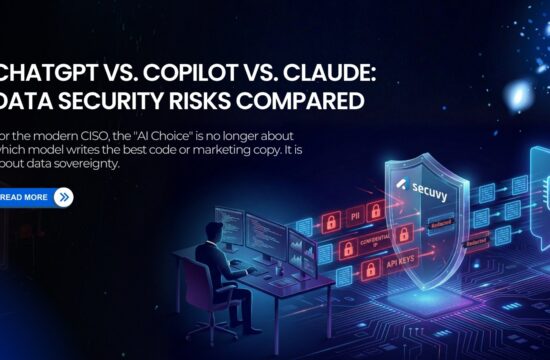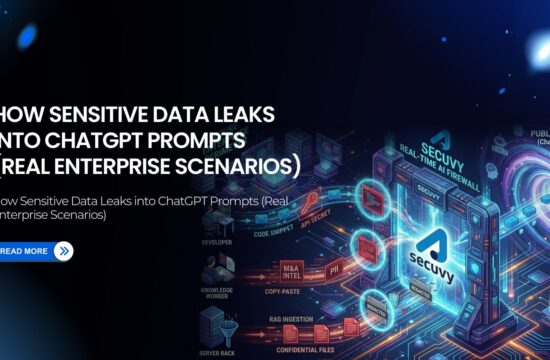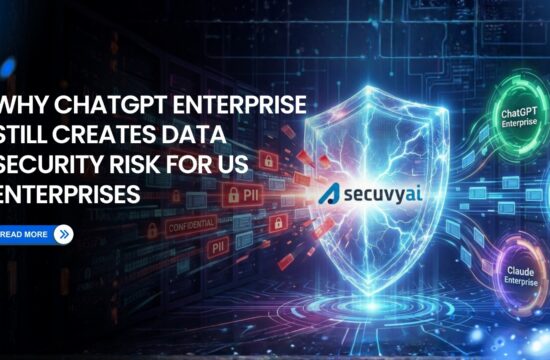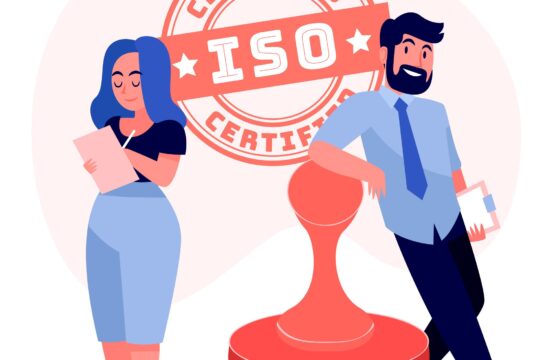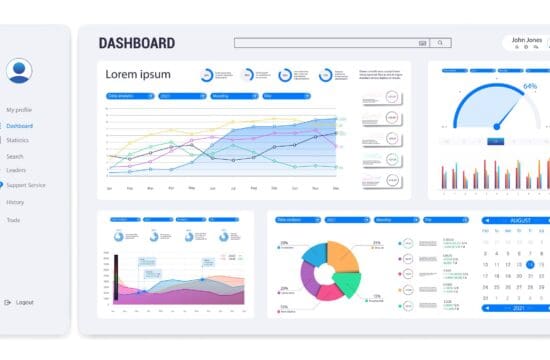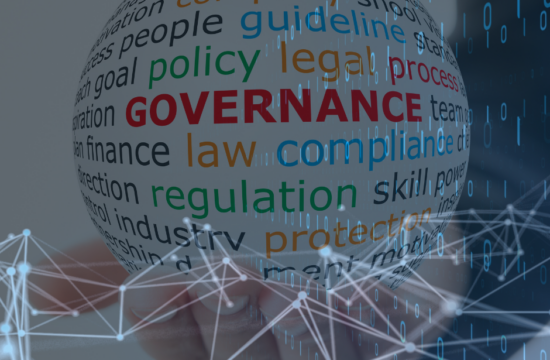A Data Subject Access Request (DSAR) is the means by which a consumer can make a written request to enterprises to access any personal data they hold on them. By submitting a DSAR request, data subjects can learn what their organization knows about them and how they use that information.
DSAR is the vital Data Subject Rights granted under relevant European privacy laws, such as European General Data Protection Regulation (GDPR) and US data privacy laws such as California Consumer Privacy Act (CCPA). When submitting a request for GDPR compliance under the data protection act, an individual needs to comply with the GDPR and CCPA regulations that particularly outline the responsibilities of businesses or data controllers.
In this article, we are going to include everything you need to know about DSAR so that you can meet CCPA compliance and GDPR compliance. stay obedient to both the data privacy regulations – CCPA and GDPR.
What Is DSAR According To CCPA And GDP
The CCPA establishes the data protection law in the form of Data Subject Access Request (DSAR) under Section 2, stating that “It is the intent of the Legislature to further Californians’ right to privacy by giving consumers an effective way to control their personal information, by ensuring the following rights: […] (4) The right of Californians to access their personal information.”
EU’s GDPR encourages data subject rights for Europeans under Recital 63, stating that “A data subject should have the right of access to personal data which have been collected concerning him or her, and to exercise that right easily and at reasonable intervals, in order to be aware of, and verify, the lawfulness of the processing.”
Simply put, DSAR is a right grant to consumers to access data stored by an enterprise. You can write and submit a request anytime you want. The enterprise will be obligated to provide you with a copy of the relevant information about the subject.
DSAR is an essential means to maintain a sense of security among consumers regarding their private information. Though the concept of DSAR is not new, consumer data privacy laws introduced several changes that make DSAR processing simpler for consumers but challenging for enterprises.
Who Are the Beneficiaries of DSARs?
Today, consumers are becoming more skeptical and concerned about data being collected by respective organizations. DSARs, the Data Subject Access Request, stamp out consumers’ concerns by allowing them to control the stored personal information. Being a consumer, you can request DSARs twice a year without spending any cost.
DSAR under CCPA Data Subject Access Request is beneficial not only to consumers but also to businesses. That’s right; businesses can take DSARs as an advantage to boost their brand image. All they need to do is fulfill the data subject requests in compliance with CCPA regulations.
Note: Sometimes, DSAR is not free of cost; instead, it could be in thousands, especially if data collection entails using a multitude of systems. In such a case, completion of DSAR can take two weeks or more.

How to Ensure DSAR Compliance?
Respond To Data Subject Request
Enterprises need to respond and fulfill customer DSAR requests within 45 days. It is usually done in a transferable electronic format. Although, there may be some variations in the obligations depending on the customer’s request.
Manage Deletion Requests
Whether the organization is online or not, it should respond to deletion requests in involvement with team members and third-party vendors with whom the information has been shared.
Communicate With Consumers
Data Subject Requests under GDPR and CCPA consist of some regulations regarding disclosure of rights and communication. Organizations need to stay in compliance with those rights while communicating with consumers.
Remember that consumers’ rights under GDPR and CCPA may be the same but not identical. Therefore, organizations should change their communication process accordingly.
What Is Included In A DSAR?
A DSAR often involves the request for all personal information organizations have on the subject. However, sometimes it may also involve the request to access only specific details. Based on the consumers’ requests, you are obligated to provide all the information asked in the request.
Here are the common headings that you need to include in your response –
- Confirmation that you process consumers’ data.
- Access to consumers’ personal information.
- State all the lawful basis for processing data.
- Period or criteria for which you will store their data.
- Any relevant information about how this data has been obtained.
- Any relevant information about automated decision-making and profiling.
- The names of any third parties to whom their information has been disclosed.
Steps To Respond To Data Subject Requests
Below mentioned are the steps that you should take to accomplish the DSAR process –
Step 1: Register, log and authenticate DSAR
Register data requests, log them in a record system, and authenticate the user before starting work on their fulfillment.
Step 2: Collect personal information
Discover and categorize the data subject’s personal information processed and stored by you. Must map the personal data to the individual owner of that data to facilitate the DSAR process.
Step 3: Review and approve the information
Review the data and make sure it meets the DSAR requirements without disclosing proprietary information or the personal data of any other data subject.
Step 4: Safely deliver customer information
Deliver the final response to the consumer securely. If a data breach or leakage occurs, it can cost as much as $750 per leaked record.
What Makes Responding To DSAR Challenging?
Responding to DSAR requests isn’t complicated. What’s complicated is finding the personal information that has been requested by the data subject in DSAR. Most of the time, organizations store information in arrays of places or do not inventory it.
When responding to requests, organizations have to be careful of what data is stored, where it is stored, and its purpose. They need to implement a data governance policy to ensure that the DSAR process’s completion complies with GDPR and CCPA regulations. All these considerations make responding to DSAR a challenging procedure for organizations.
Solution
Organizations can eliminate the challenges faced during the DSAR process by opting for Secuvy, the best data subject access service solution as a potent weapon. It will help you automatically manage data subject access requests, thereby saving your time.
DSAR (Data Subject Access Request) is crucial in data privacy laws, specifically for GDPR compliance and CCPA compliance. It helps form a secure relationship between consumers and organizations. Therefore, one needs to be immensely considerate of how they are responding to DSAR requests and ensure that the process is in compliance with data privacy laws.
How Can Secuvy Keep You Compliant When Fulfilling Data Subject Requests?
Secuvy offers invaluable help to companies striving to maintain compliance with data protection regulations while efficiently managing DSARs. Secuvy provides a comprehensive platform equipped with advanced features tailored to address the complexities of data subject requests.
One of Secuvy’s key strengths lies in its automation capabilities, which streamline the entire DSAR lifecycle—from request intake to verification, processing, and response. By leveraging automation, organizations can significantly reduce response times, ensuring timely and accurate handling of DSARs while minimizing the risk of human error.
Additionally, Secuvy’s robust reporting and analytics tools enable organizations to gain insights into their DSAR management processes, identify areas for improvement, and demonstrate compliance with regulatory requirements.
Get Started with Secuvy
Secuvy prioritizes data security and privacy, employing state-of-the-art encryption and access controls to safeguard sensitive information throughout the DSAR workflow. By partnering with Secuvy, companies can effectively navigate the complexities of data subject requests, maintain compliance with GDPR and other data protection regulations, and uphold the trust and confidence of their customers. Contact us today to schedule a demo and see how our platform can work for your unique organization.

